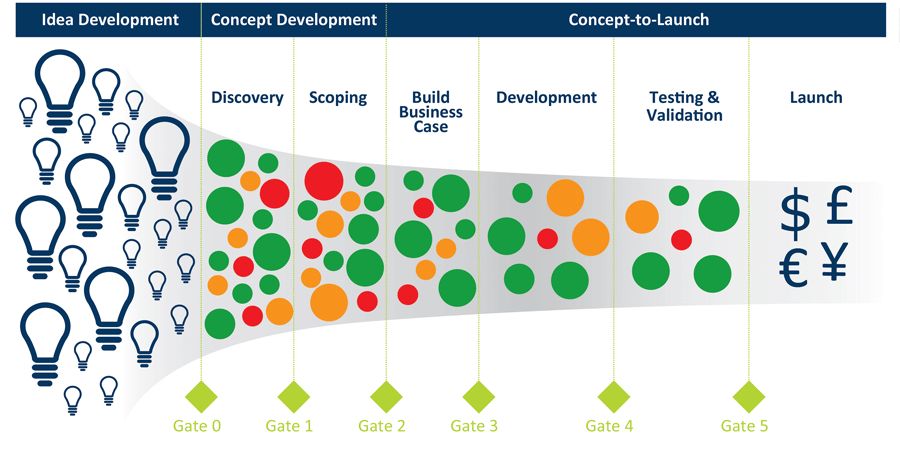

Origin: - The origin of the word ‘Development’ is mainly from the French word “de’ elopement” is ‘develop’ substituting English ‘disvelop’ which is of abaafsdf Germanic origin, in simple terminology., development refers to an ‘issue composing a ruint platform is a variable condition.
The explanation began from the ancient Greek philosophers to David Humme, Immanuel Kant, J. Stuart Mill, Adam Smith, Karl Marx, Alfred Marshal, Dudley Seers, Mahabubul Haq, Amartya Sen and many others. The 1800’s term ‘development’ was taken as the view of self-development by 1900 as it constituted a large scale of connotations being used in many contextual facts. Through the century, the concept remained the exit but with time the meaning of development kept on changing. The professed variability from worse to better was implemented by development during modern time.
According to oxford dictionary, ‘development a specified state of growth or advancement; a new and advance product or idea; an event constituting a new state in changing situation’. (oxford dictionary)
History: - The detailed analysis of the history of the term was not possible, but few facts in connation to the evolution of its utility and relevant. The term development gained popularity as a metaphor for the natural growth of plants and animals since two hundred years ago, and were interchanged by the world evolution by scientists.
The idea of self-development became trendy by 1800, by1900 the term aggregated by many implications used in so many distinguished contextual meanings that its explanation couldn’t be done accurately anymore.
Meaning of development over time
Period
Perspective
Meaning of development
1800>
Classical Political Economy
Remedy for progress
1850>
Colonial Economics
Resource management
1900>
Development Economics
Economic growth, Industrialisms
1960>
Dependency Theory
Accumulation, national, auto centric
1980>
Human Development
Capitation, enlargement, people choice
`1980>
Neoliberalism
Structure reforms, Liberalization, Privatization
2000>
Millennium Development Goal
Structural reforms
In annexation to all implications of the past period superimposed to the term prior to 1900 at the starting of the 20th century as fresh use of the word development became an ample circulation urban development. Since then, a particular type of reformulation of urban environment is described through the term development. In recent days use of development as a favorable change, stair from the simple to complex, from weakness to powerful, from worse to better is now preferred always.
Views of Development: - In history, an interlinked prospect has been discovered between development and capitalism, with ‘Good Change’ superimposed with modernization and industrialization based on free markets. Thus development is closely attached with ideologies and values. The assumptions, values, actions, processes and aims of ergauisations and institutions have been shaped by beliefs about terminologies of development. The different views of development according to the perspectives are –
1) Neoliberalism: - A capitalist perspective – for exceptional free markets, there is no need for development action. Everyone is benefitted due to ‘trickledown’ of the resulting constant economic growth. The result of individual rational activity is considered as history by Neoliberalists.
2) Structuralism: - The controlled states – The resultant political and economic struggles are considered as chronicle. The intention for a contemporary industrial society and the liability of the state is development.
3) Interventionism: - there are winners as well as losers of capitalism advancement as recognized by a prospect. Losers receive help from the action of development. The environment faces negative impacts at present more from the advance capitalism.
In some cases, the direction of change is influenced which the intervention is the removal of parapet to modernization.












